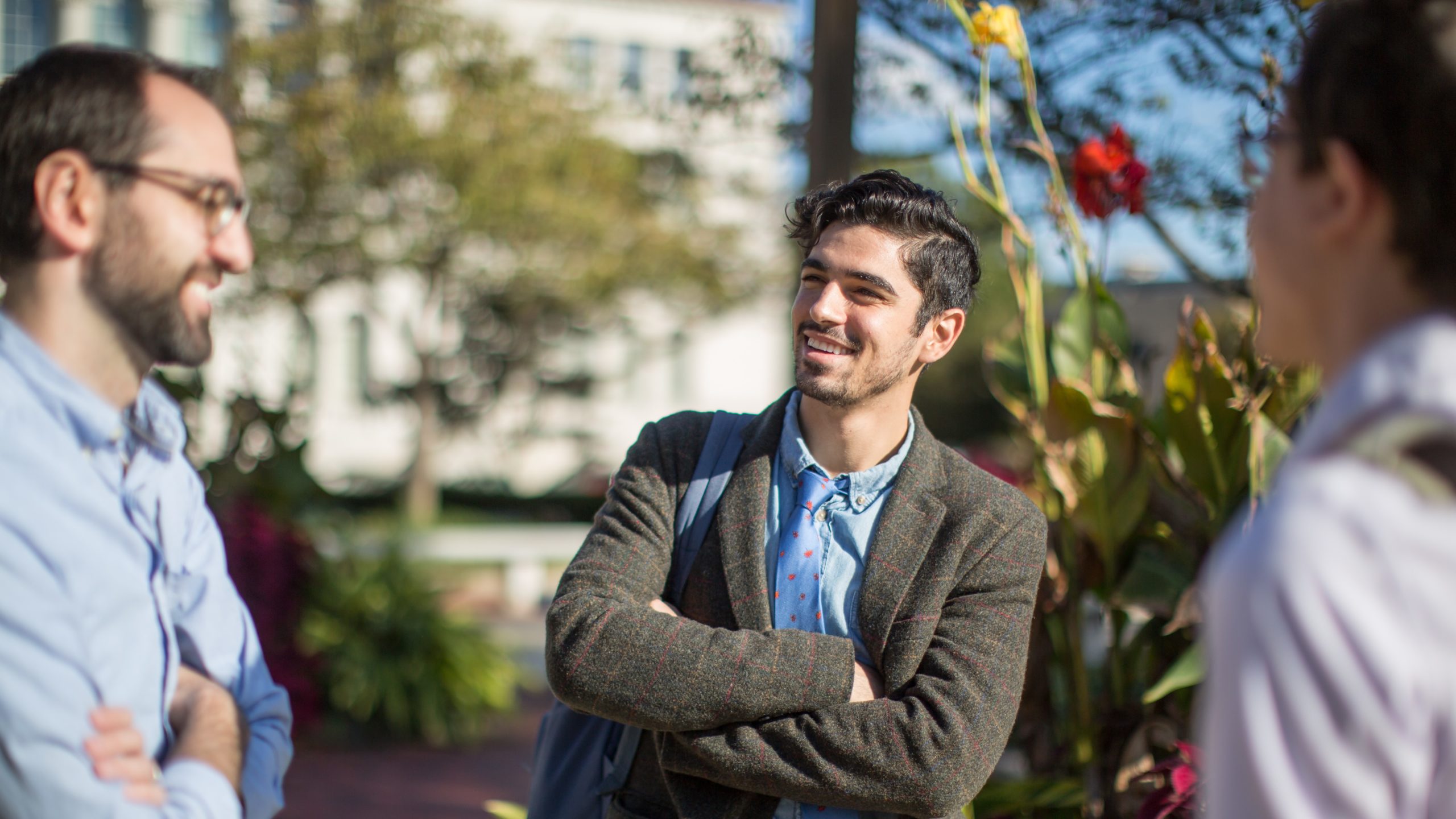


Community of Catholic Scholarship
Join our academic mission to generate a culture whose members “see life in its deeper meaning, its beauty and its invitation to freedom and responsibility” (Evangelium vitae, 83).
Community of Catholic Scholarship
Join our academic mission to generate a culture whose members “see life in its deeper meaning, its beauty and its invitation to freedom and responsibility” (Evangelium vitae, 83).
Community of Catholic Scholarship
Join our academic mission to generate a culture whose members “see life in its deeper meaning, its beauty and its invitation to freedom and responsibility” (Evangelium vitae, 83).

Understanding the Human Person in Terms of Love
The Institute is devoted to the study of the truth about the human person in all of its dimensions: theological, philosophical, anthropological, and cosmological-scientific. In light of John Paul II’s realization that without love man is incomprehensible to himself (Redemptor Hominis, 10), the Institute centers its study of the person in the original community of human society: marriage and family. Nuptiality opens the person to the truth of love, and from this, unlocks the truth of all reality.
Academics
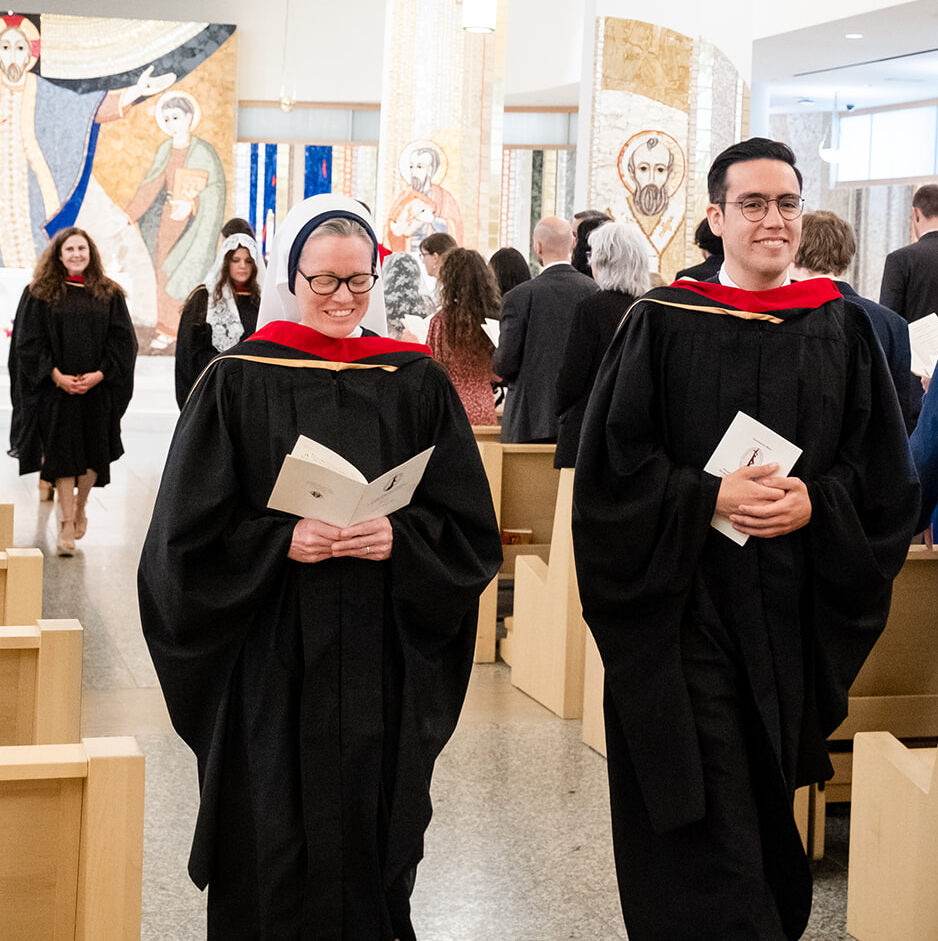
May 7 2024
AT THE INSTITUTE
The Graduation Mass for the Class of 2024 will be celebrated at 2:00 p.m., on Tuesday, May 7, in the Redemptor Hominis Chapel of the Saint John Paul II…
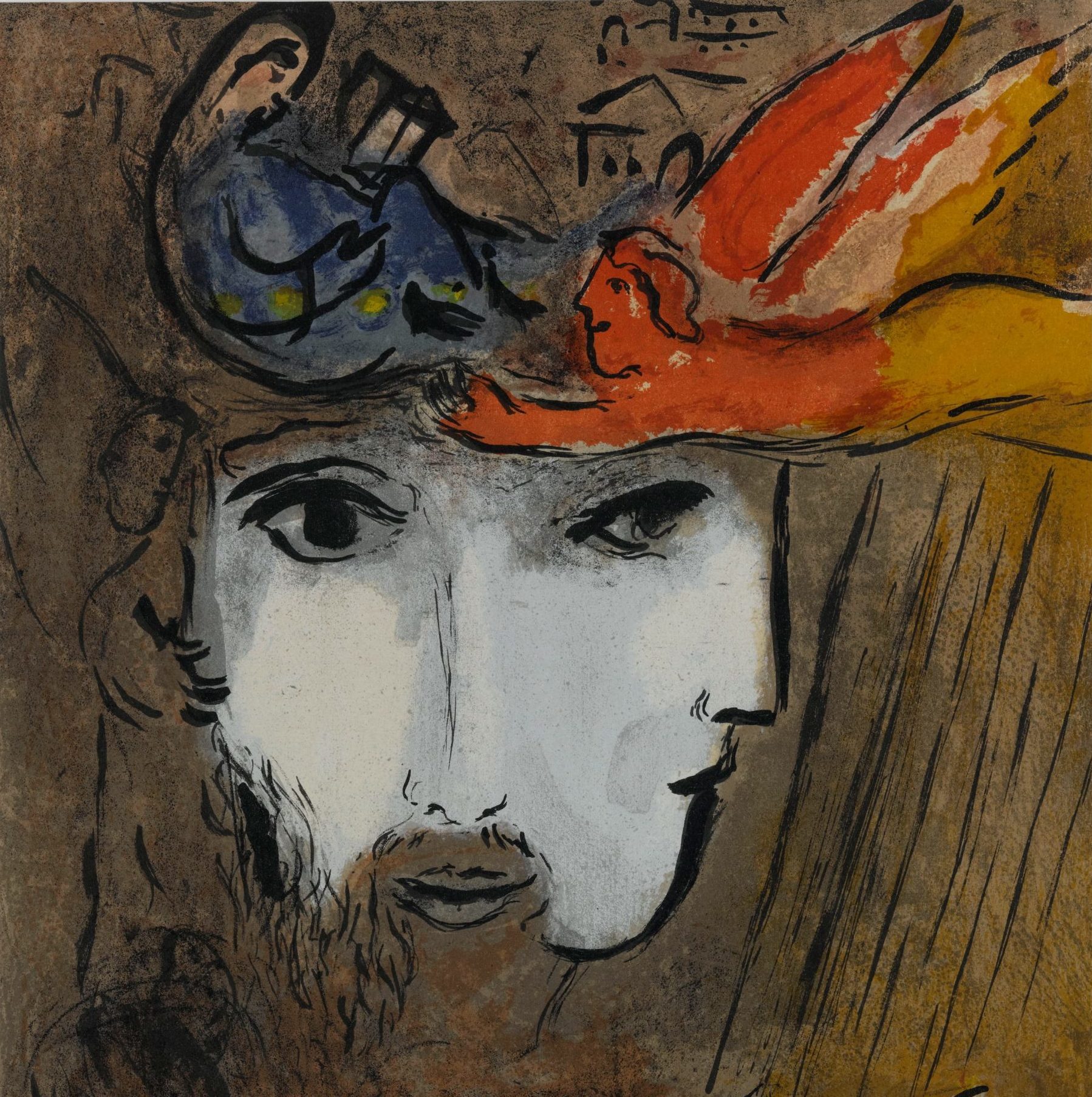
May 20 2024
AT THE INSTITUTE
How do we find ourselves unable to affirm a fundamental element of human experience—the reality and givenness of our being differentiated as male and female,…
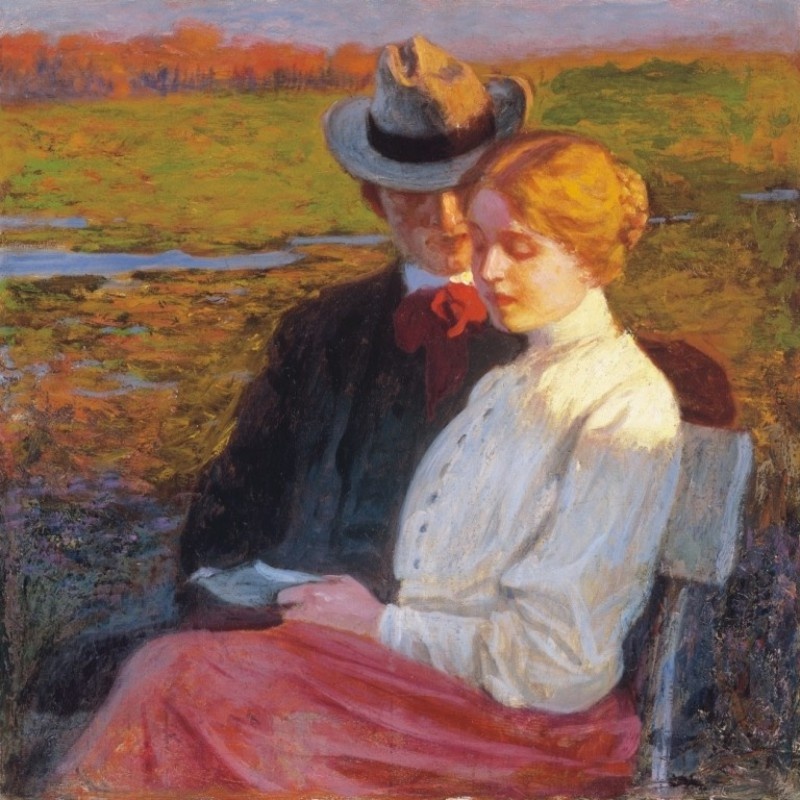
Jul 15 2024
AT THE INSTITUTE
The John Paul II Institute invites you to join an intensive course on St. John Paul II’s Theology of the Body as part of the Institute’s Continuing Education…
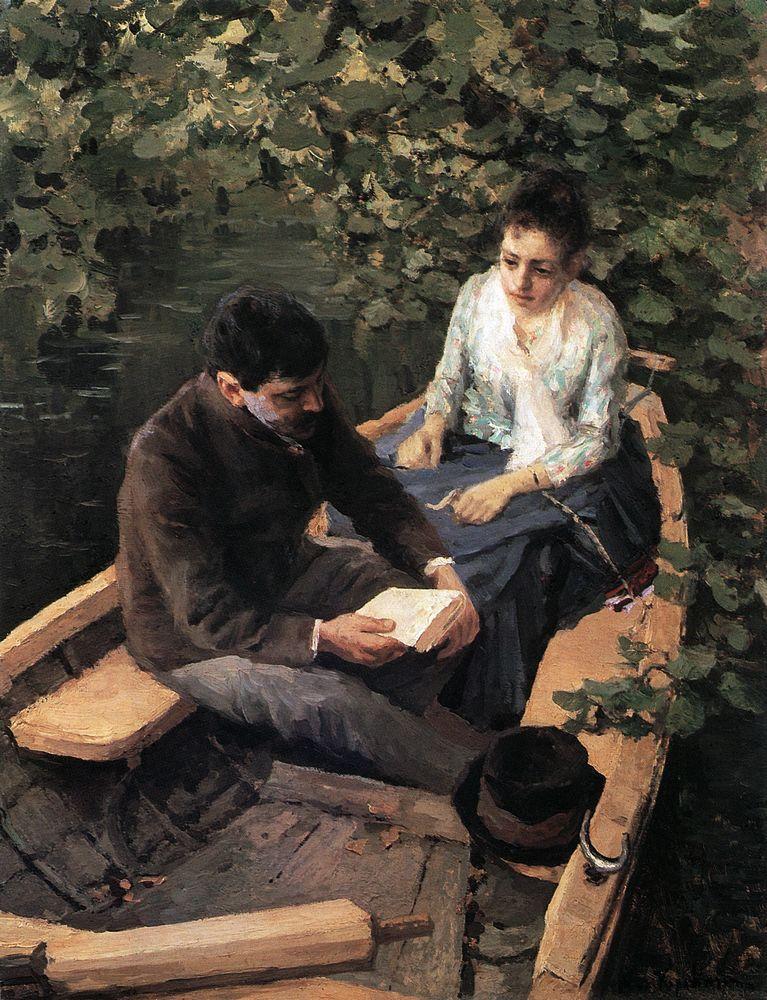
Jul 22 2024
AT THE INSTITUTE
Join us for a course on “Twentieth-Century Catholic Literature,” as part of the John Paul II Institute’s Continuing Education Program.
The class will…
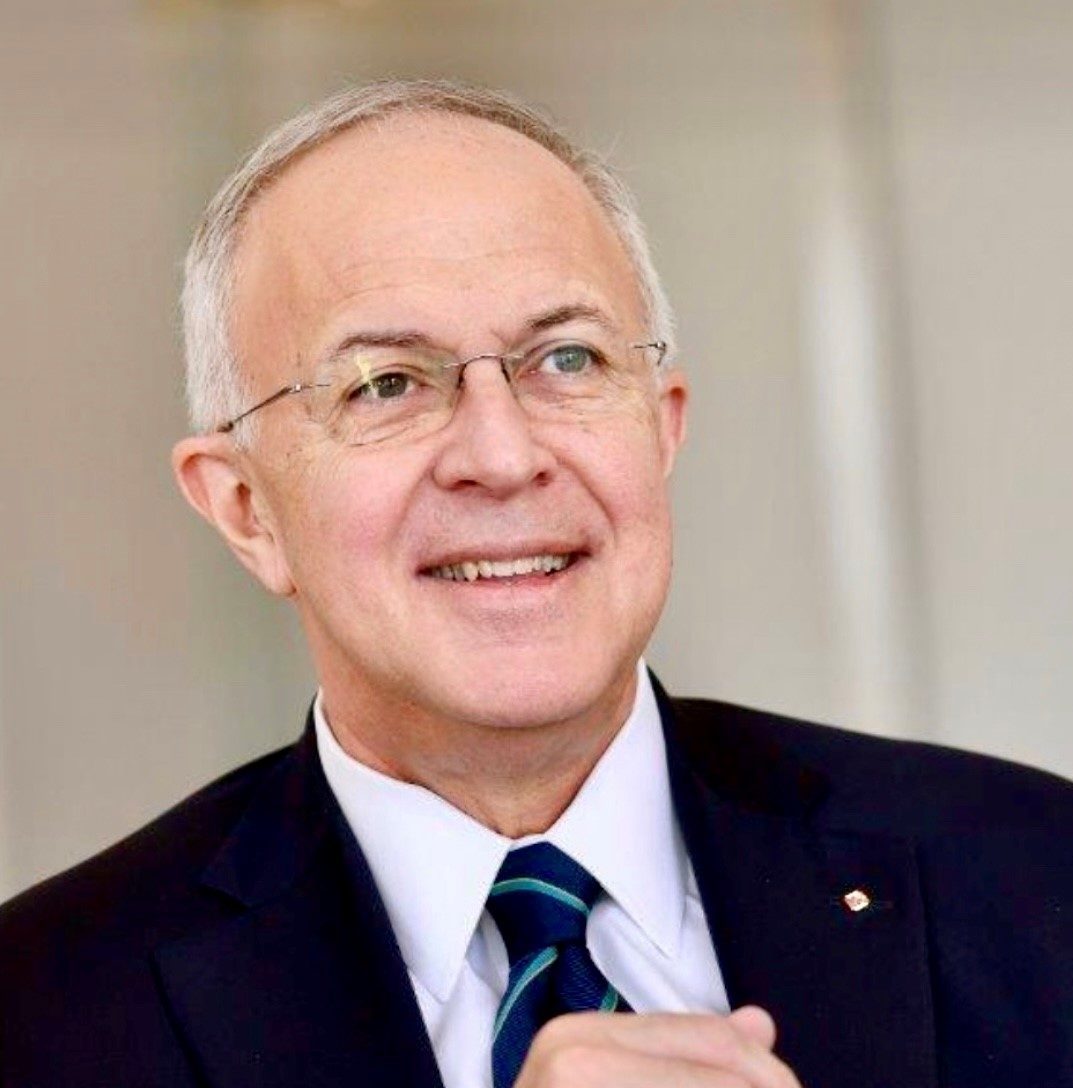
Dec 11 2023
Institute News
On Dec. 8, 2023, the John Paul II Catholic University of Lublin awarded an honorary doctorate to Professor Carl A. Anderson, founding Dean of the Washington…
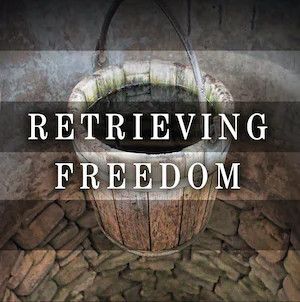
Jul 6 2023
Institute News
Retrieving Freedom: The Christian Appropriation of Classical Tradition, the latest work by Institute faculty member D.C. Schindler, received third-place…
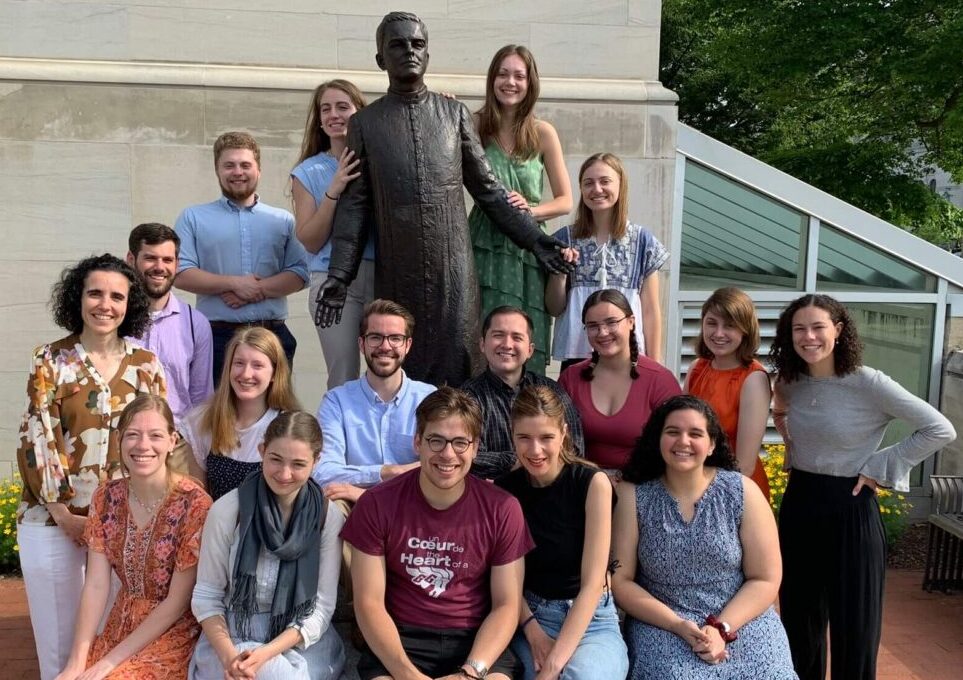
Jun 20 2023
Institute News
From May 30 to June 3, the John Paul II Institute
hosted its first Summer Fellowship on “Gender, Technology, and Culture.” Twenty
undergraduate and graduate…
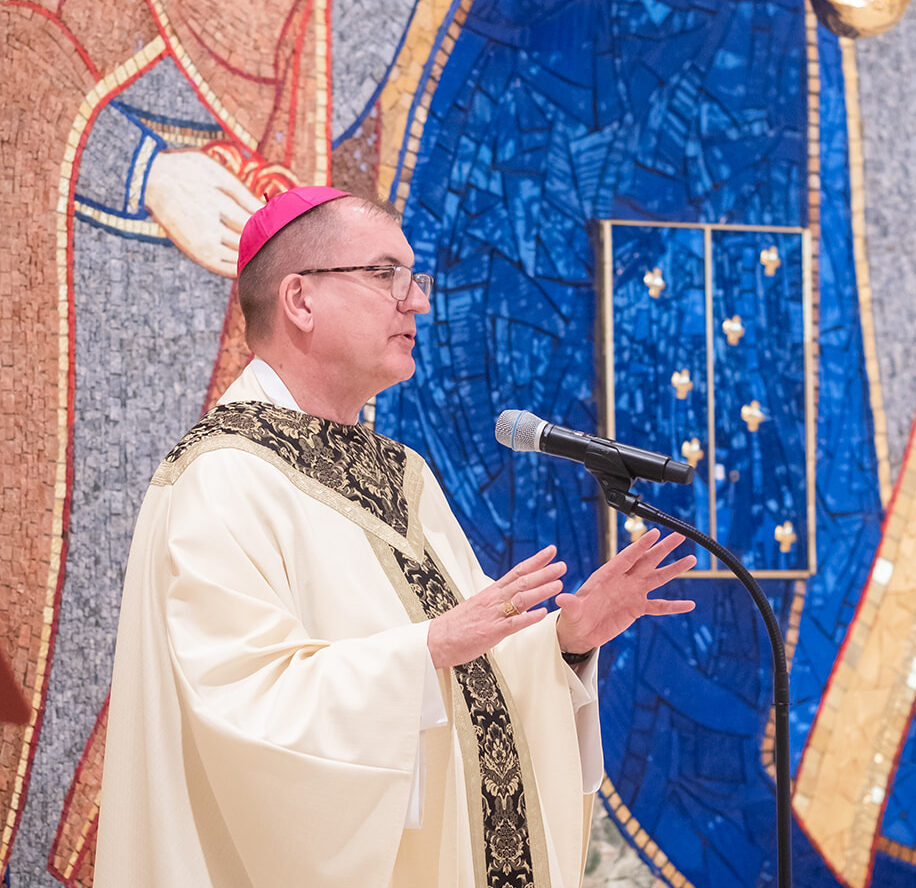
May 12 2023
Institute News
On Tuesday, May 9, the John Paul II Institute celebrated its thirty-fourth graduation liturgy at the Redemptor Hominis Chapel of the Saint John Paul II…

Mar 31 2023
Institute News
Dr. Michael Hanby, Associate Professor of Religion and Philosophy of Science, published the lead article in an online roundtable hosted by the Theopolis…

The Significance of The English Critical Edition of the Works of Karol Wojtyla

Consciousness and The Fieri of Moral Value

Experience and The Mystery of The Revelation of The Person

Can the Incommunicable Self Be Given? On Person, Love, and Ontological Generosity

Conscience and Truth: Action as Commitment to Reality
Why Study at the Pontifical John Paul II Institute?
We are called to be witnesses and educators of authentic Christian life with the ability to engage the questions of the world in view of its divine destiny.
Pope John Paul II founded the Institute upon the idea that there is a reciprocal in-dwelling between anthropological reflection and reflection on marriage.
“The truth about man is the way to know the truth about marriage; the truth about marriage is the way to know the truth about man. Reflection on marriage is the crossroads where all these issues meet: the truth of love and sexuality, the truth of freedom, the truth of the genealogy of the person, and of human society” (Cardinal Carlo Caffarra, Graduation Address to the Washington Session, May 10, 2016).
We are committed to the whole of the theological tradition in fidelity to the magisterium, avoiding the fragmentation caused by extreme progressivism or rigid traditionalism. We believe that the aim of a genuine theological education is to receive the tradition in a prayerful receptivity, drawing on what is true, good, and beautiful, while embracing authentic development in the Church. We also engage the works of the Western tradition and of our own age so that we may understand man in his concrete situation and bring the wisdom of the Church’s tradition to the contemporary questions of our culture.
In contrast to our culture that tends to minimize education to a mere transfer of data, an authentic pedagogy requires both student and teacher to enter into a community in pursuit of knowledge and wisdom. We strive to offer a theological education that is dedicated, in both content and form, to the truth of the human person, who is made for communion with both God and man.
The Washington D.C. session was founded as the first international chapter of the Pontifical John Paul II Institute.
The Institute’s student-faculty ratio allows for one-on-one mentorship and encourages community among students united in a life-giving mission.
A high percentage of our full-time students receive scholarships from the Institute through the generosity of the Knights of Columbus.
Featured Faculty
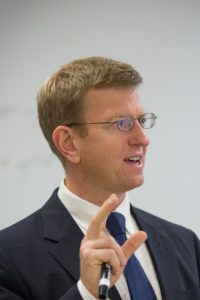
Nicholas Healy
M.T.S. Program Advisor
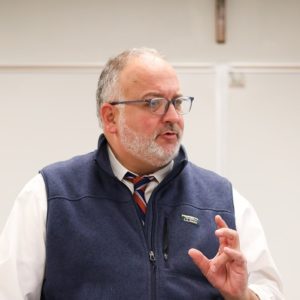
Michael Hanby
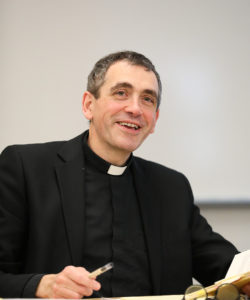
Antonio López, F.S.C.B.
Provost
Professor of Systematic Theology
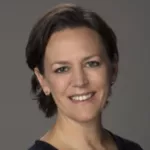
Margaret Harper McCarthy
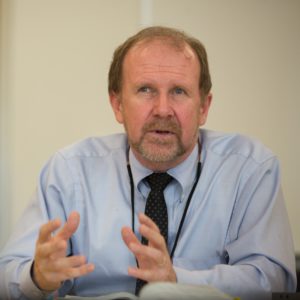
Joseph C. Atkinson
S.T.L. and S.T.D. Program Advisor
Registrar
Peter Martin
S.T.L. ’10
Director of the Office of Life, Marriage & Family and Communications, Diocese of Winona-Rochester
“Having this great network of friends and colleagues who have also studied at the Institute allows me to find ways to care for the needs of the people in the Diocese in a way that respects the dignity of the person and their vocation to love.”
Institute Publications
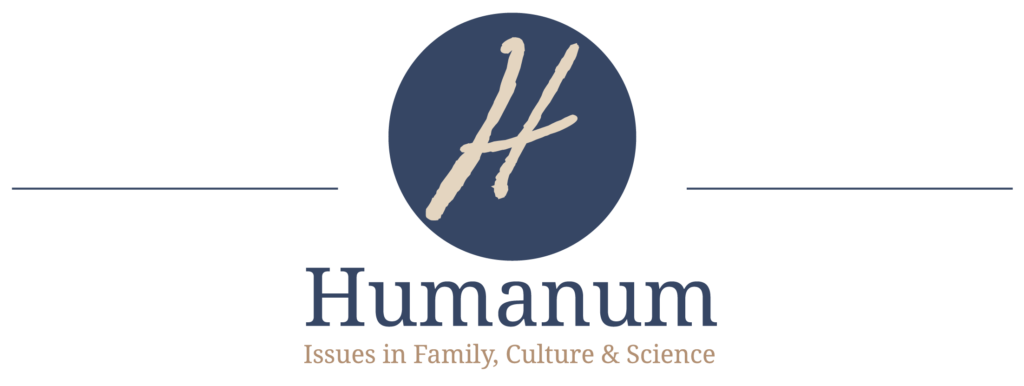
Humanum Review: Issues in Family, Culture, and Science
An online journal, Humanum is about the human: what makes us human, what keeps us human, and what does not. We sift through the competing ideas of our age so that we might “hold fast to what is good.”

Humanum Academic Press
HAP offers contemporary scholarship in metaphysics and philosophical and theological anthropology. The focus is on works that deepen the teaching of the Second Vatican Council or develop a theology and an anthropology of love in light of pivotal thinkers, including Wojtyła, Ratzinger, Guardini, and von Balthasar.
Apply Now
After the January deadline, admissions continue on a rolling basis for the spaces that remain available.
You may apply online or download an application and send with supporting documents to the Office of Admissions.